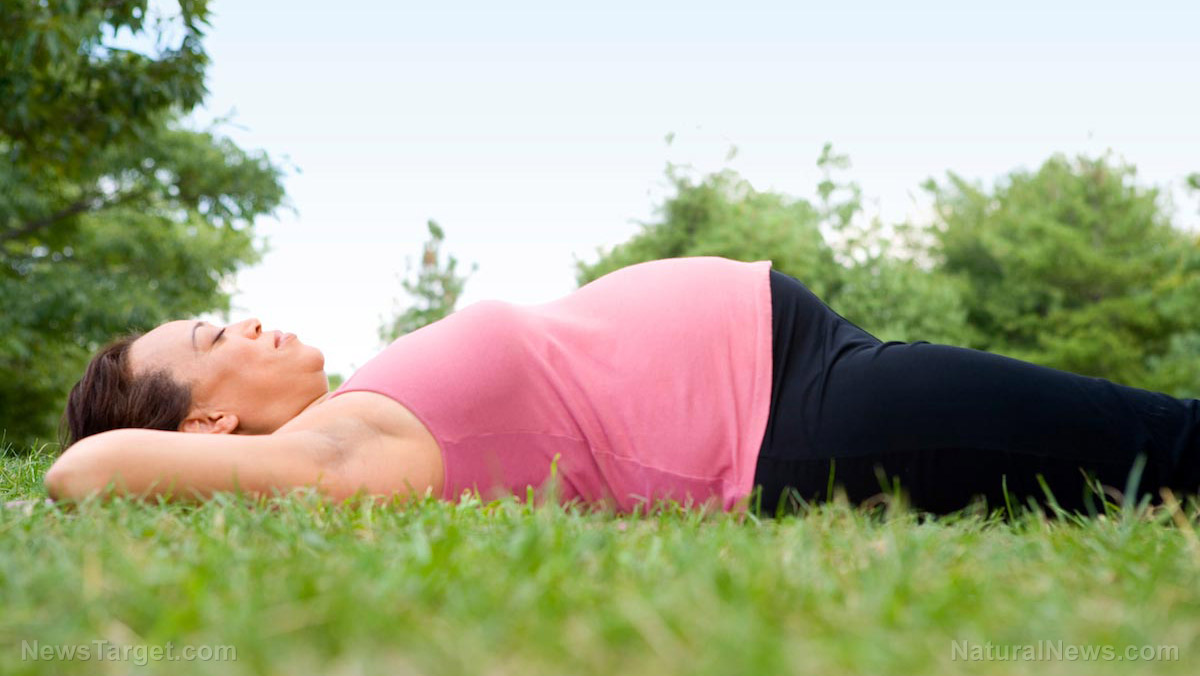Vitamin D fights disease and infertility: New study finds women with PCOS have a higher success rate with vitamin D
12/26/2017 / By Isabelle Z.

Trying to conceive might sound exciting on the surface, but it can quickly turn into a source of frustration for women who suffer from polycystic ovary syndrome, or PCOS. This hormonal disorder, which affects five to 10 percent of women who are at the age of reproduction, often causes infertility because of a lack of ovulation, among other effects. Many of these women end up seeking fertility treatment to help improve their chances.
Now, a study from the University of Pennsylvania’s Perelman School of Medicine has found that there is an easy way for women to stack the odds in their favor before undergoing fertility treatment for PCOS-related infertility: Maintaining optimal vitamin D levels.
In the study, Obstetrics and Gynecology Associate Professor Dr. Samantha Butts and her research team analyzed results from a pair of large-scale clinical trials that looked into the effectiveness of fertility drugs on the pregnancy rates of women with PCOS and unexplained infertility.
They found that regardless of age, race, and body mass index, a deficiency in vitamin D was associated with a lower likelihood of getting pregnant and going on to deliver babies in those women with PCOS. To be precise, women who had a vitamin D deficiency when they started getting fertility treatments were 40 percent less likely to go on to achieve a successful pregnancy. The relationship was not, however, noted in those with unexplained infertility.
Why women trying to conceive and expectant mothers need vitamin D
Therefore, vitamin D screening is a good idea for women with PCOS who are hoping to conceive, and it is also important for expectant mothers in general.
Mother Nature's micronutrient secret: Organic Broccoli Sprout Capsules now available, delivering 280mg of high-density nutrition, including the extraordinary "sulforaphane" and "glucosinolate" nutrients found only in cruciferous healing foods. Every lot laboratory tested. See availability here.
A vitamin D deficiency has been linked to a higher risk of gestational diabetes and needing a delivery by C-section in studies. In addition, an insufficient intake of vitamin D by expectant mothers has been associated with several health conditions in their offspring, including low birth weight, impaired skeletal development, respiratory tract infections, asthma, delayed bone development, type 1 diabetes, and the softening of skull bones.
Getting more vitamin D
If you discover you’re low, you’ll be pleased to learn that boosting your vitamin D levels is not complicated or expensive. Vitamin D is known as the “sunshine vitamin” because increasing your levels is as simple as stepping outside and letting the sun work its magic on you. Sunlight doesn’t give you vitamin D, but it does spur your body to produce it. Be sure to skip the sunscreen, however, as studies have shown that it can reduce your body’s production of vitamin D by as much as 99 percent.
According to experts, light-skinned people should spend around 15 to 20 minutes in the sun with around 60 percent of their body exposed to the sun, while those who have darker skin need around 45 minutes per day. After you’ve gotten your fill, you can cover up if you plan to spend more time in the sun in order to avoid getting burned.
Making sure you get enough vitamin D might be important when you’re trying to conceive, but it’s also something you should stay on top of throughout your lifetime. That’s because it can dramatically reduce your risk of many different types of cancer, as well as that of stroke, diabetes, dementia and heart disease. In addition, scientists have linked vitamin D deficiencies with decreased longevity. New study results are constantly being released that show previously unknown benefits, so there’s no reason not to get outside right now and help your body get this crucial nutrient.
Sources include:
Tagged Under: fertility treatment, Infertility, nutrients, PCOS, PCOS-related infertility, sunlight, unexplained infertility, vitamin D, vitamins




















